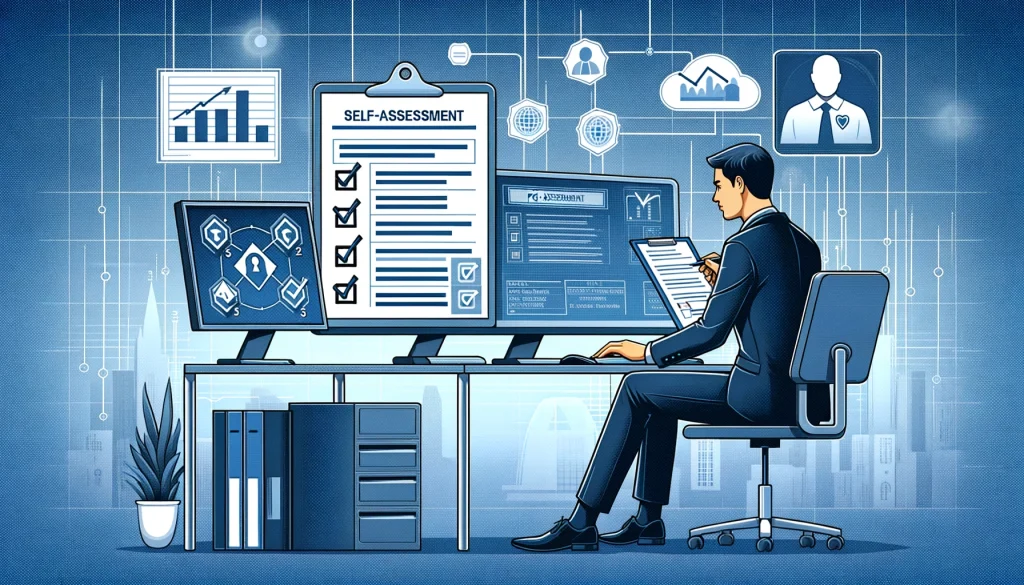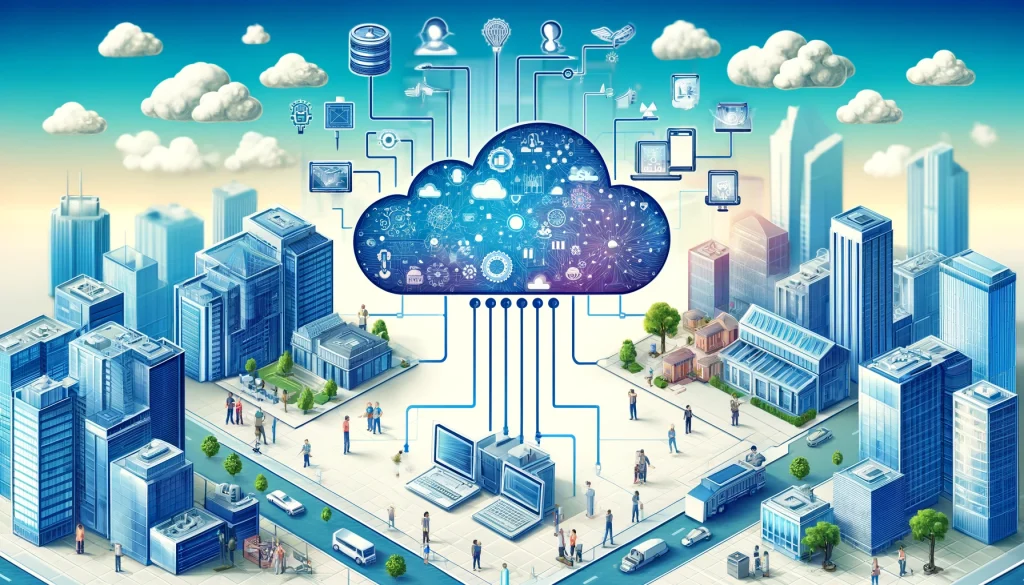As digital storefronts increasingly replace or supplement physical ones, the evolution of online shopping is a topic of both exciting innovation and strategic importance. This blog post explores the cutting-edge technologies that are poised to redefine the online shopping experience, offering consumers more personalized, efficient, and engaging ways to shop.

Emerging Trends in Ecommerce Technology
Artificial Intelligence (AI) and Machine Learning
AI continues to be a game-changer in ecommerce, enabling personalized shopping experiences through predictive analytics and customized recommendations. Machine learning algorithms are improving customer service interactions via chatbots and enhancing inventory management through smarter demand forecasting.
Augmented Reality (AR) and Virtual Reality (VR)
AR and VR are transforming the online shopping experience by allowing customers to visualize products in real-world settings or immerse themselves in virtual stores from the comfort of their homes. These technologies help in reducing return rates and increasing customer satisfaction by providing a try-before-you-buy experience.
Voice Commerce
With the rise of voice-activated devices, voice commerce is set to become a significant player in the ecommerce arena. Shopping through voice commands provides a seamless, hands-free experience that can integrate smoothly into daily routines, making it easier for consumers to make purchases on-the-go.
Blockchain for Enhanced Security and Transparency
Blockchain technology is increasingly being explored for its potential in ecommerce, particularly in enhancing security and transparency. It can provide tamper-proof records of product authenticity and ownership, crucial for luxury goods, and help in streamlining supply chain operations.
What This Means for Businesses
For businesses, staying ahead in ecommerce technology means not only adopting new technologies but also continuously evaluating their impact on customer experiences and business operations. Implementing these technologies can lead to higher conversion rates, improved customer loyalty, and a stronger competitive edge.
Conclusion
The future of e-commerce technology promises a landscape where online shopping is more interactive, personalized, and secure. As we look ahead, businesses that anticipate and adopt these changes swiftly will be better positioned to meet evolving consumer demands and lead in the new era of digital commerce.
https://scorpbit.com/blog/how-mvps-are-shaping-the-start-up-ecosystem/













